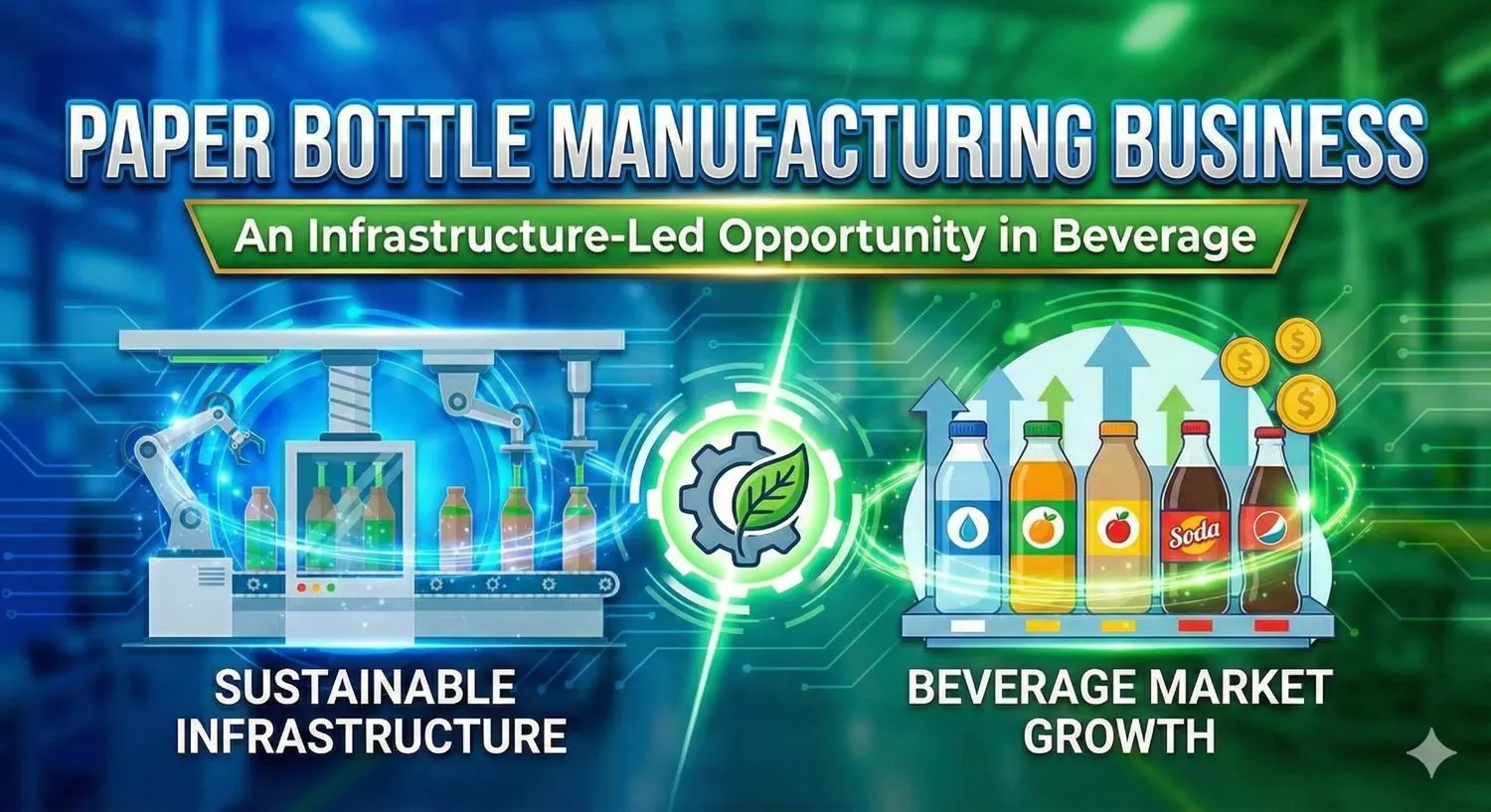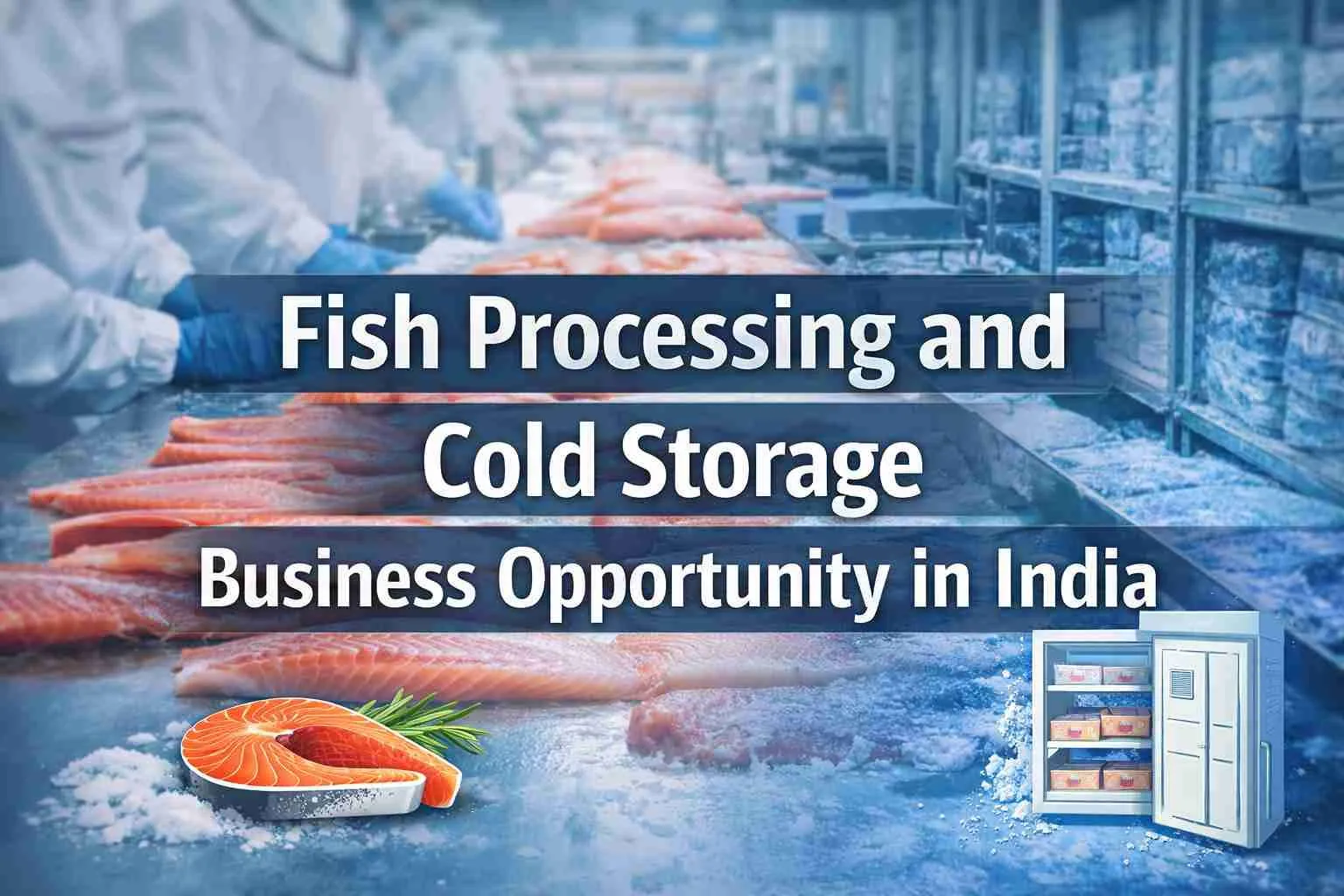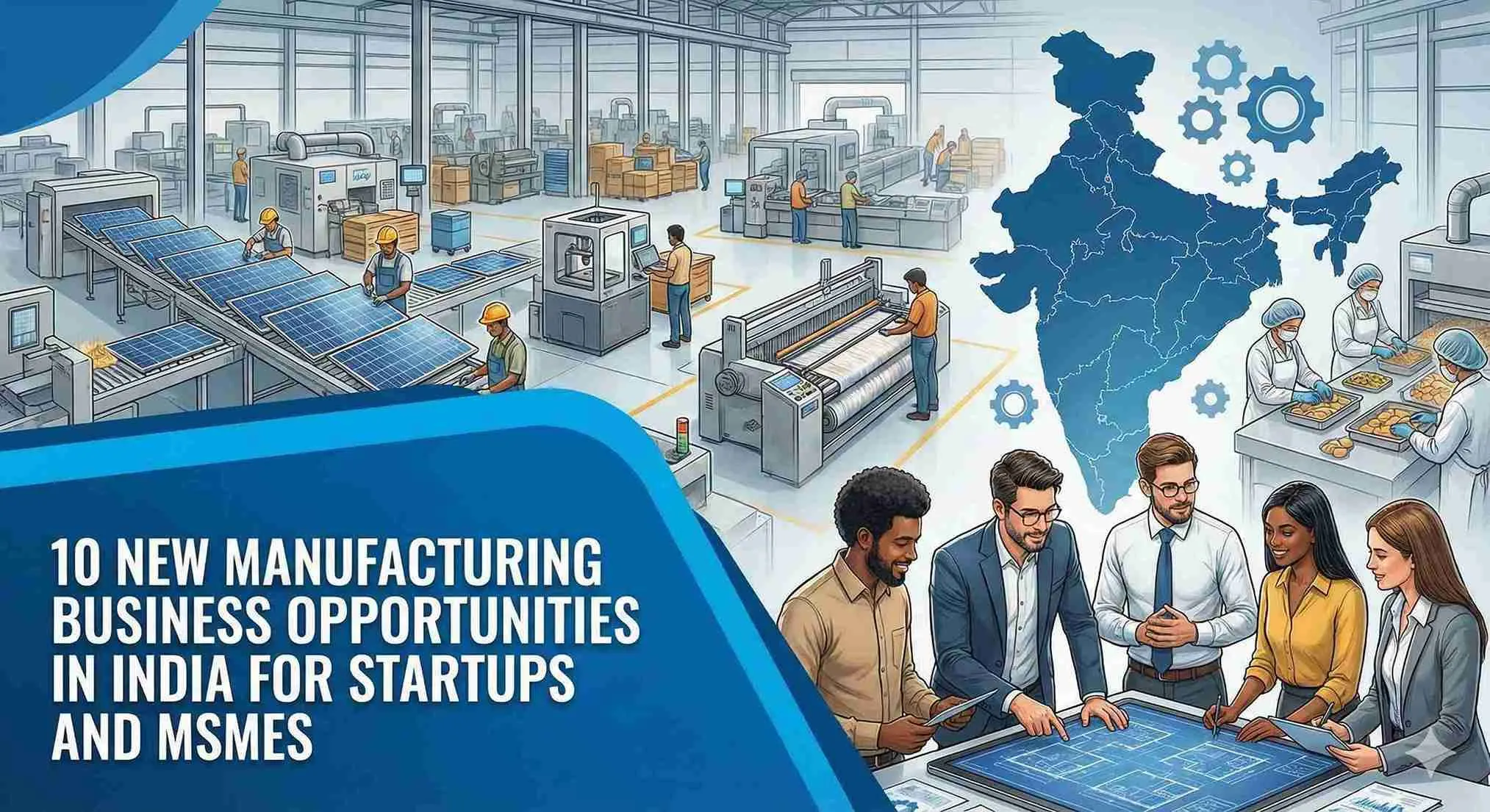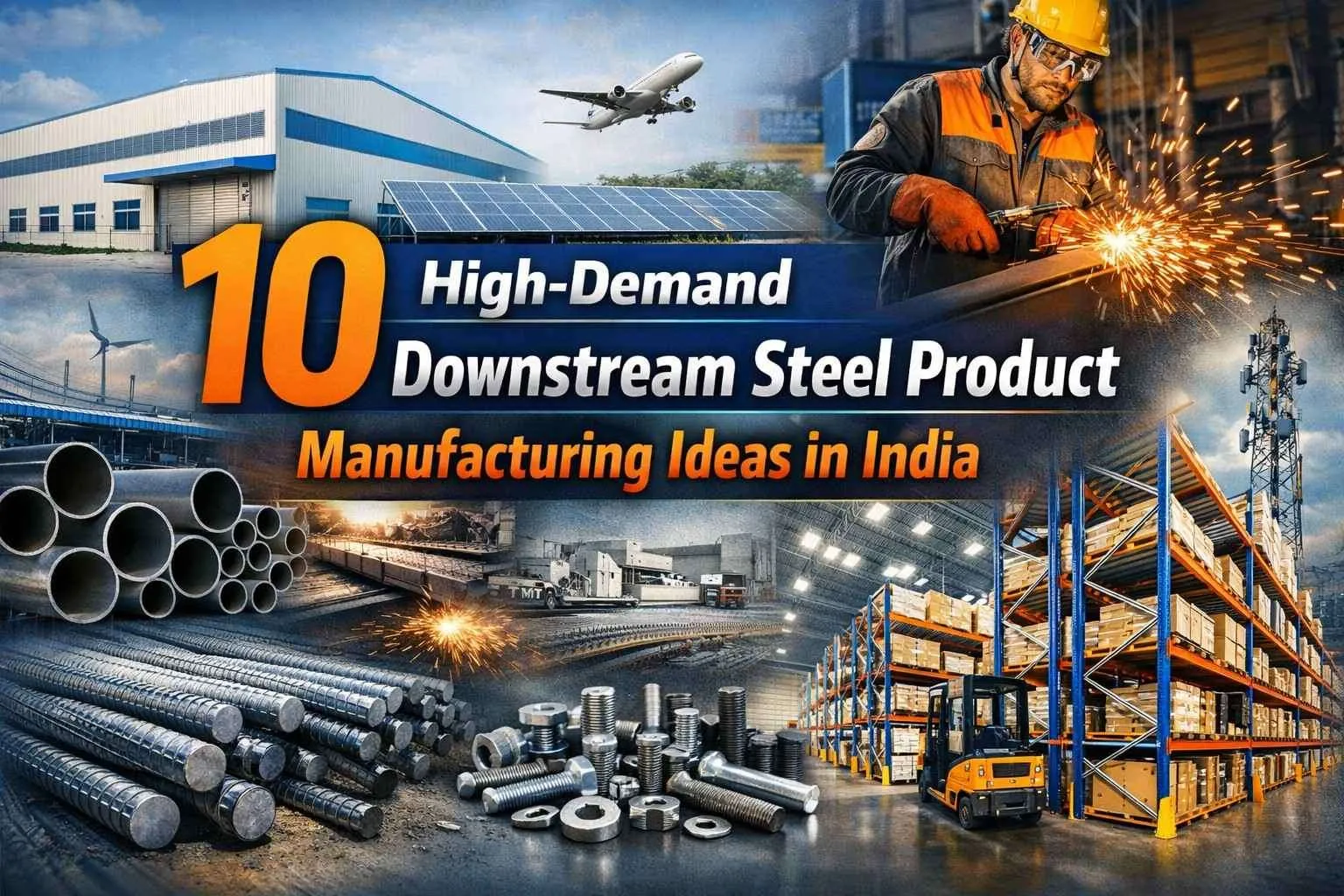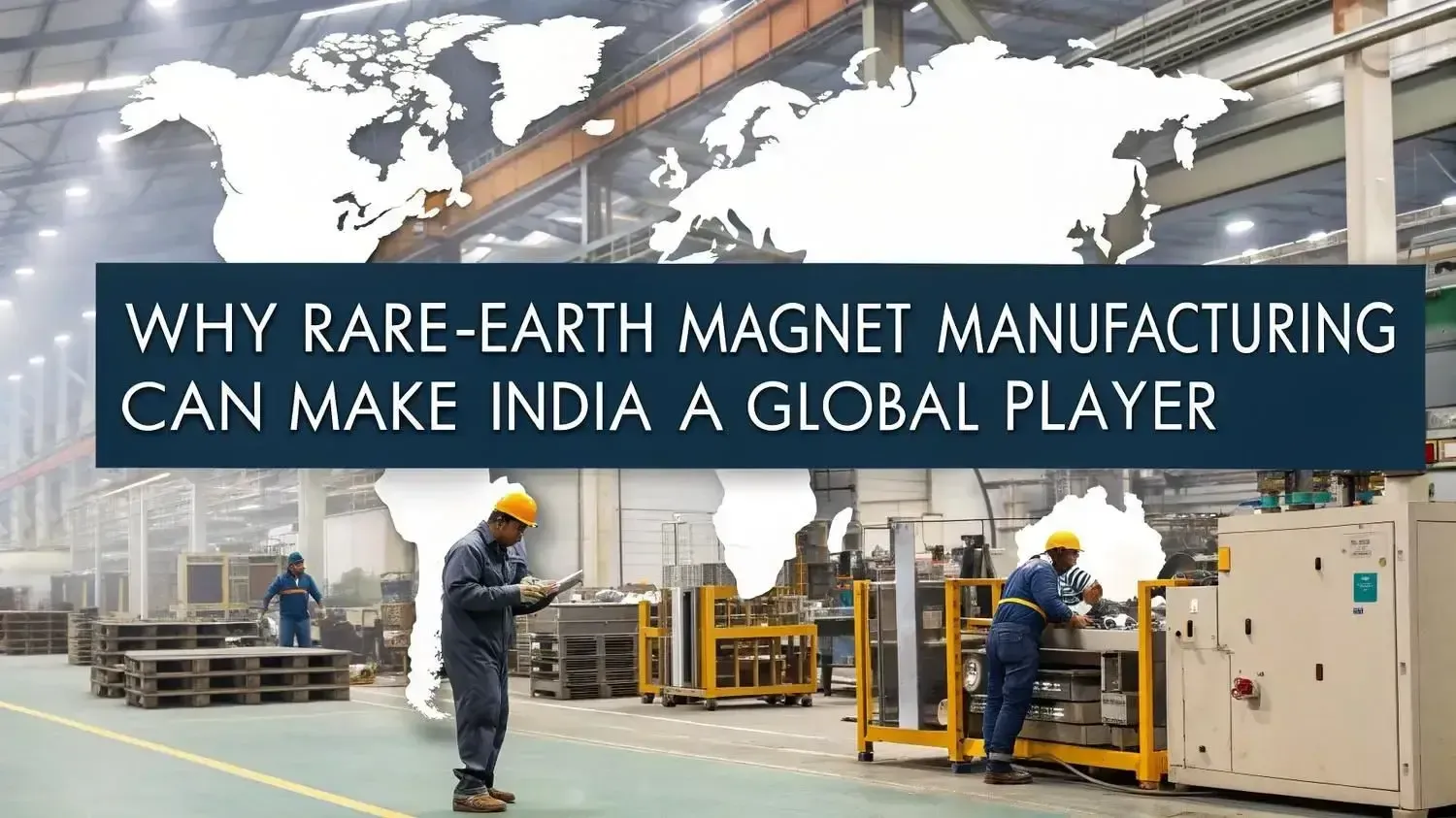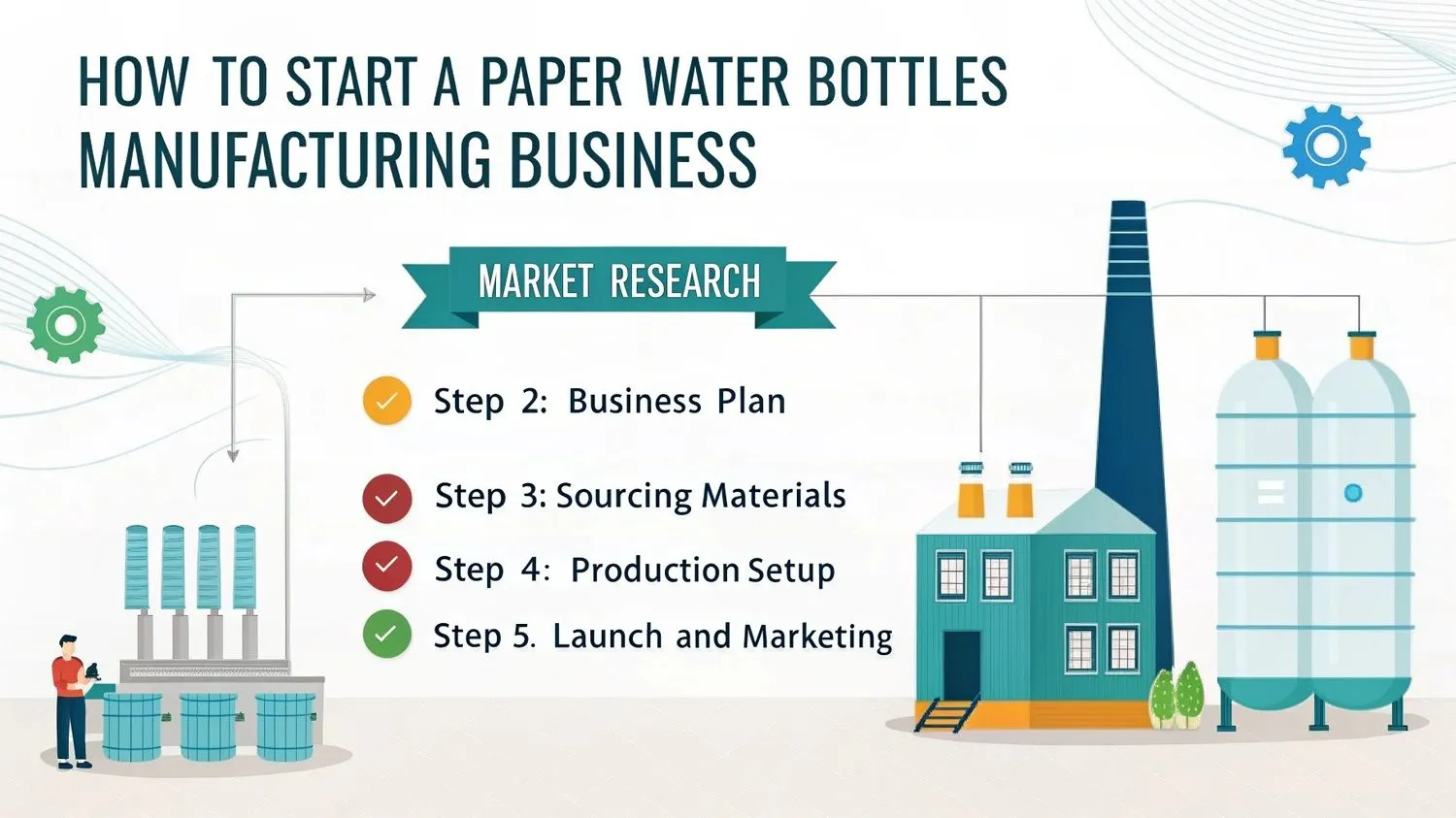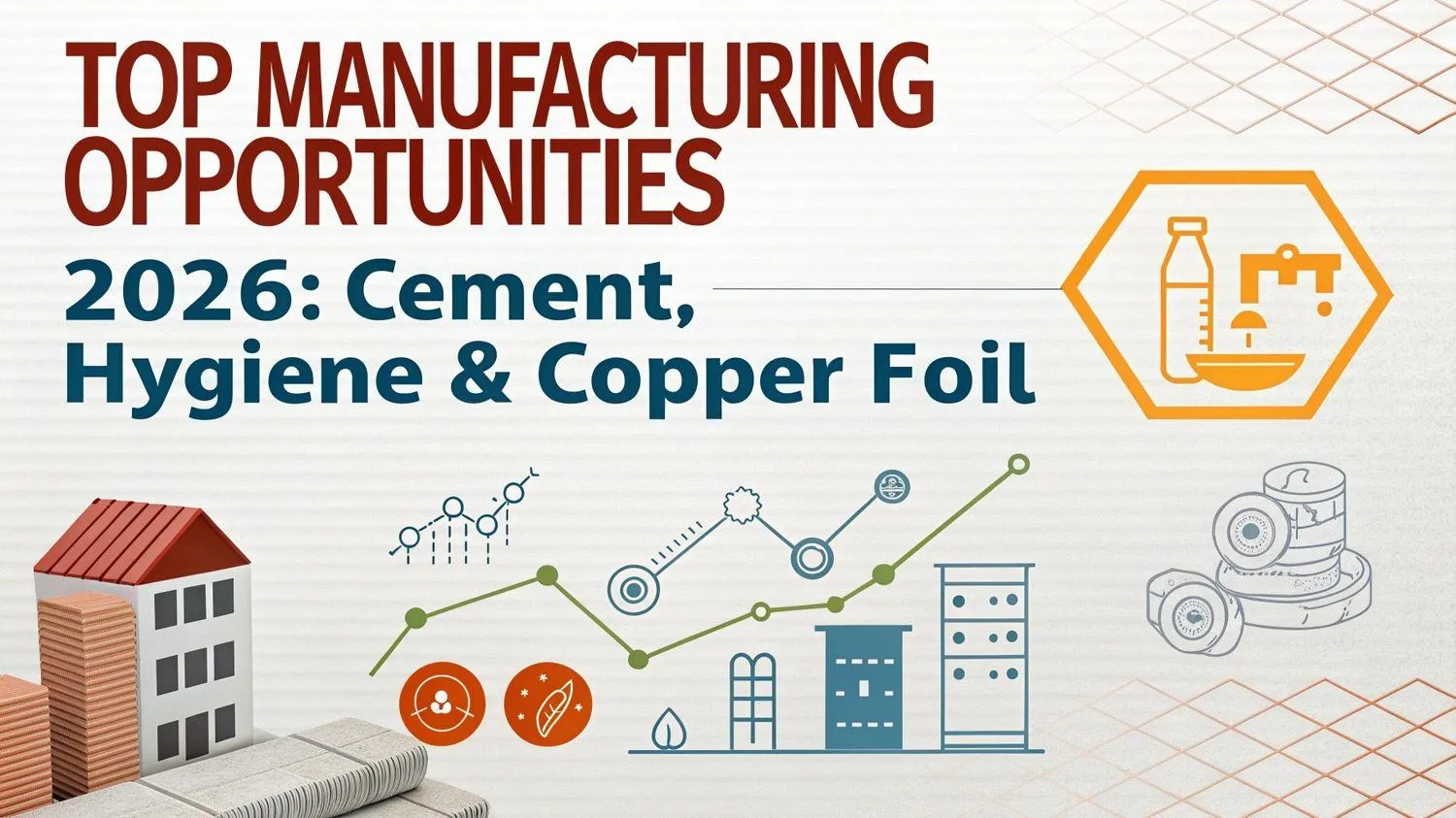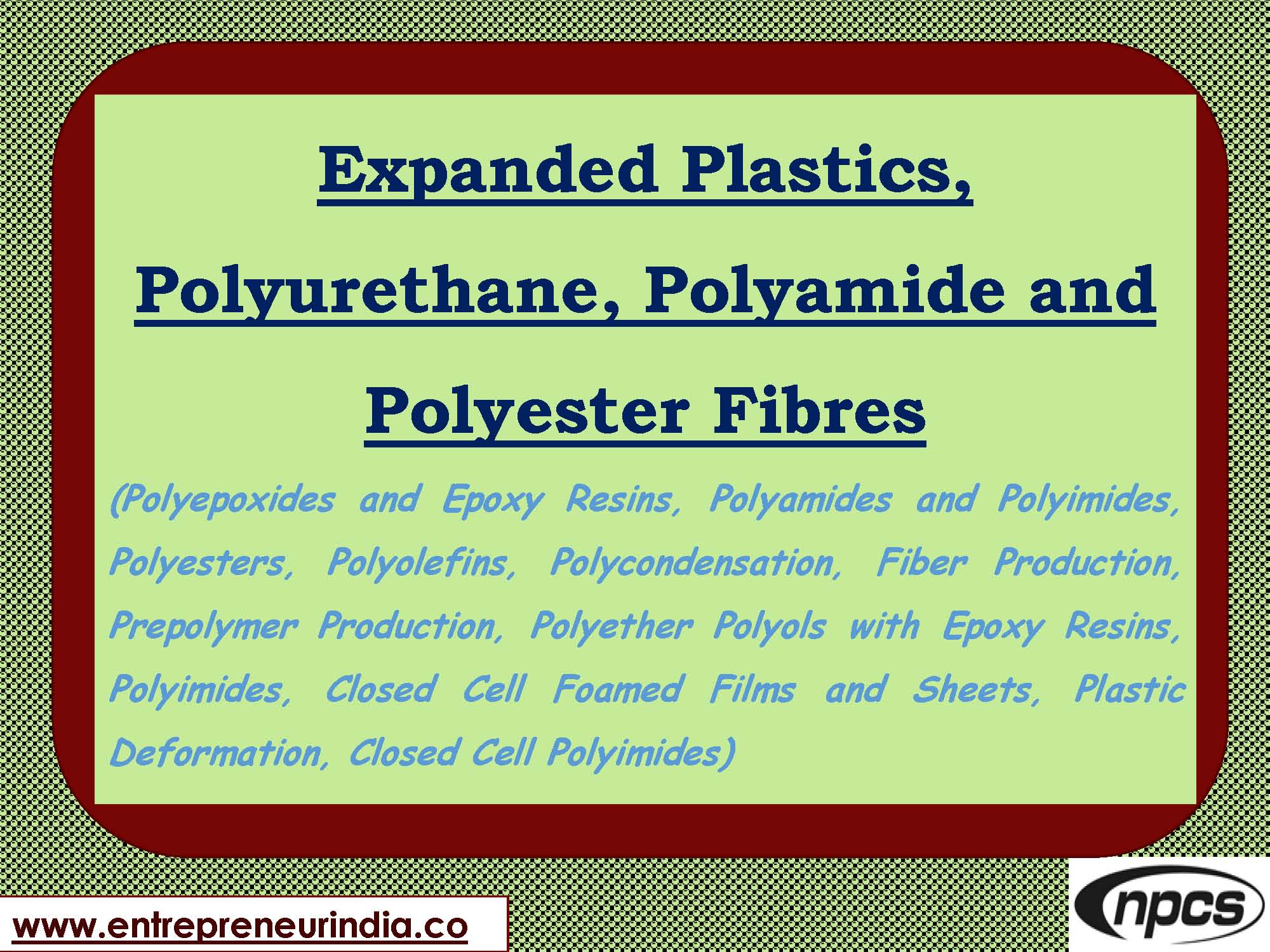
Expanded plastics and polymers have revolutionized multiple industries due to their lightweight, durable, and insulating properties. These materials, which include various foam-based products, are manufactured by expanding plastic resins using heat and gas. As a result, they form cellular structures that are flexible yet strong. Today, expanded plastics & polymers are used in packaging, automotive parts, thermal insulation, construction panels, and even in sports gear. Moreover, their cost-effectiveness and recyclability make them attractive in both commercial and industrial sectors. Businesses and manufacturers are increasingly turning to these solutions for sustainable and efficient material choices.
Read More :oil processing
Contents
- 1 Types and Uses of Expanded Plastics & Polymers
- 1.1 Expanded Polystyrene (EPS)
- 1.2 Extruded Polystyrene (XPS)
- 1.3 Expanded Polyethylene (EPE)
- 1.4 Expanded Polypropylene (EPP)
- 1.5 Polyurethane Foams
- 1.6 Applications in Packaging Industry
- 1.7 Construction and Insulation
- 1.8 Automotive and Aerospace Uses
- 1.9 Consumer Goods and Electronics
- 1.10 Sustainability and Recycling
- 1.11 Conclusion
Types and Uses of Expanded Plastics & Polymers
The applications of expanded plastics & polymers are diverse and growing rapidly. To understand their full impact, it’s essential to explore the different types and their uses in various industries.
Expanded Polystyrene (EPS)
Expanded Polystyrene is one of the most common types of expanded plastics. It is lightweight, white, and made by expanding polystyrene beads. EPS is widely used in packaging fragile items, thermal insulation in buildings, and disposable food containers. Moreover, it offers shock absorption, making it ideal for electronic and pharmaceutical packaging.
Extruded Polystyrene (XPS)
XPS differs slightly from EPS but has a closed-cell structure, offering better moisture resistance. It’s used extensively in construction for floor and wall insulation. Expanded plastics & polymers like XPS are preferred where strength and water resistance are critical. Moreover, XPS panels are easy to handle and cut, making them ideal for on-site construction work.
Expanded Polyethylene (EPE)
Expanded Polyethylene is a flexible, resilient foam that provides excellent cushioning. It is often used in protective packaging for electronics, glassware, and automotive components. EPE is also water-resistant and non-toxic, which makes it suitable for reusable packaging. Moreover, its lightweight nature helps reduce shipping costs, a major plus for e-commerce businesses.
Expanded Polypropylene (EPP)
EPP is a high-performance foam with superior energy absorption, making it perfect for automotive bumpers, seat cores, and sports helmets. It is also recyclable and maintains its shape even after multiple impacts. As a result, expanded plastics & polymers like EPP are widely adopted in industries prioritizing safety and reusability.
Polyurethane Foams
Polyurethane foams are commonly used in furniture, bedding, automotive seating, and insulation. They are available in flexible and rigid forms. Moreover, rigid polyurethane is used in refrigeration and wall insulation, while flexible forms find use in upholstery. This versatility makes polyurethane one of the most valuable expanded plastics & polymers in consumer and industrial products.
Applications in Packaging Industry
In the packaging industry, expanded plastics & polymers are essential for protecting goods during transport and storage. Their shock-absorbing nature helps minimize damage to fragile items like electronics, appliances, and glassware. Moreover, their lightweight quality reduces transportation costs, which is vital in bulk logistics.
Construction and Insulation
Thermal insulation is another key area where expanded plastics & polymers shine. Materials like EPS, XPS, and rigid polyurethane are used in roofing, wall insulation, and underfloor systems. They not only reduce heat transfer but also offer moisture resistance, improving a building’s energy efficiency. As a result, they help reduce energy bills and carbon footprints.
Automotive and Aerospace Uses
In the automotive sector, EPP and polyurethane foams are commonly used for impact protection and weight reduction. These materials help vehicles meet safety standards without compromising performance. In aerospace, expanded polymers are used in insulation panels and seating to maintain cabin comfort while keeping overall weight low.
Consumer Goods and Electronics
From yoga mats to helmet liners, expanded plastics & polymers are deeply embedded in everyday products. Their ability to be molded into various shapes while retaining impact resistance makes them ideal for electronics packaging, home appliances, and sports goods. Moreover, the demand for durable and ergonomic consumer products continues to drive innovation in this segment.
Sustainability and Recycling
One concern about expanded plastics & polymers is their environmental impact. However, advancements in recycling technologies now allow materials like EPS and EPP to be reused. Mechanical recycling, chemical recycling, and take-back programs by manufacturers are helping to create a circular economy for expanded plastics. Moreover, some manufacturers have begun using bio-based or biodegradable polymers to reduce plastic pollution.
See Also : Aluminium Downstream Projects
Conclusion
The growing importance of expanded plastics & polymers in modern industry cannot be overstated. From construction and packaging to consumer products and automotive safety, these materials offer unmatched advantages in weight, durability, and insulation. Their cost-effectiveness and performance make them ideal for a variety of uses. Moreover, with advances in recycling and sustainable alternatives, the environmental footprint of these materials is steadily being reduced. Entrepreneurs and manufacturers looking for innovative and scalable material solutions should seriously consider the wide-ranging applications of expanded plastics and polymers.





